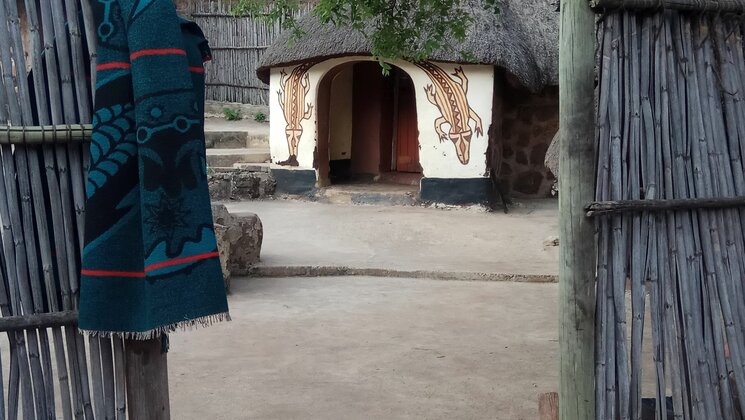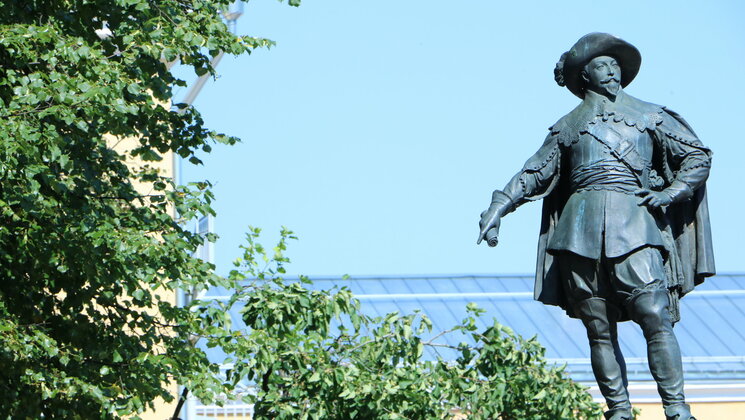-
Faculty of Arts and HumanitiesJakobi 2, r 116-121 51005 Tartu linn, Tartu linn, Tartumaa ESTJakobi 2 51005 Tartu linn, Tartu linn, Tartumaa ESTJakobi 2, IV korrus 51005 Tartu linn, Tartu linn, Tartumaa ESTJakobi 2, III korrus, ruumid 302-337 51005 Tartu linn, Tartu linn, Tartumaa ESTÜlikooli 16 51003 Tartu linn, Tartu linn, Tartumaa ESTLossi 3 51003 Tartu linn, Tartu linn, Tartumaa ESTÜlikooli 18 50090 Tartu linn, Tartu linn, Tartumaa ESTPosti 1 71004 Viljandi linn, Viljandimaa ESTJakobi 2 51005 Tartu linn, Tartu linn, Tartumaa ESTJakobi 2 51005 Tartu linn, Tartu linn, Tartumaa ESTFaculty of Social SciencesLossi 36 51003 Tartu linn, Tartu linn, Tartumaa ESTJakobi 5 51005 Tartu linn, Tartu linn, Tartumaa ESTLossi 36, ruum 301 51003 Tartu linn, Tartu linn, Tartumaa ESTNarva mnt 18 51009 Tartu linn, Tartu linn, Tartumaa ESTNäituse 2 50409 Tartu linn, Tartu linn, Tartumaa ESTNäituse 20 - 324 50409 Tartu linn, Tartu linn, Tartumaa ESTLossi 36 51003 Tartu linn, Tartu linn, Tartumaa ESTRaekoja plats 2 20307 Narva linn, Ida-Virumaa ESTRingi 35 80012 Pärnu linn, Pärnu linn, Pärnumaa ESTLossi 36 51003 Tartu linn, Tartu linn, Tartumaa ESTLossi 36 51003 Tartu linn, Tartu linn, Tartumaa ESTFaculty of MedicineRavila 19 50411 Tartu linn, Tartu linn, Tartumaa ESTBiomeedikum, Ravila 19 50411 Tartu linn, Tartu linn, Tartumaa ESTNooruse 1 50411 Tartu linn, Tartu linn, Tartumaa ESTL. Puusepa 1a 50406 Tartu linn, Tartu linn, Tartumaa ESTL. Puusepa 8 50406 Tartu linn, Tartu linn, Tartumaa ESTRavila 19 50411 Tartu linn, Tartu linn, Tartumaa ESTUjula 4 51008 Tartu linn, Tartu linn, Tartumaa ESTRavila 50411 Tartu linn, Tartu linn, Tartumaa ESTRavila 19 50411 Tartu linn, Tartu linn, Tartumaa ESTFaculty of Science and TechnologyVanemuise 46 - 208 51003 Tartu linn, Tartu linn, Tartumaa ESTNarva mnt 18 51009 Tartu linn, Tartu linn, Tartumaa ESTRiia 23b/2 51010 Tartu linn, Tartu linn, Tartumaa ESTRavila 14a 50411 Tartu linn, Tartu linn, Tartumaa ESTNarva mnt 18 51009 Tartu linn, Tartu linn, Tartumaa ESTRiia 23, 23b - 134 51010 Tartu linn, Tartu linn, Tartumaa ESTObservatooriumi 1 61602 Tõravere alevik, Nõo vald, Tartumaa ESTNooruse 1 50411 Tartu linn, Tartu linn, Tartumaa ESTJ. Liivi tn 2 50409 Tartu linn, Tartu linn, Tartumaa ESTVanemuise 46 51003 Tartu linn, Tartu linn, Tartumaa ESTVanemuise 46 51003 Tartu linn, Tartu linn, Tartumaa ESTArea of Academic SecretaryLossi 3 51003 Tartu linn, Tartu linn, Tartumaa ESTUppsala 6, Lossi 36 51003 Tartu linn, Tartu linn, Tartumaa ESTArea of Head of FinanceÜlikooli 17 51005 Tartu linn, Tartu linn, Tartumaa ESTArea of Director of AdministrationÜlikooli 18A (III korrus) 51005 Tartu linn, Tartu linn, Tartumaa ESTÜlikooli 18, ruumid 102, 104, 209, 210 50090 Tartu linn, Tartu linn, Tartumaa ESTArea of RectorArea of Vice Rector for Academic AffairsUppsala 10 51003 Tartu linn, Tartu linn, Tartumaa ESTÜlikooli 18b 51005 Tartu linn, Tartu linn, Tartumaa ESTArea of Vice Rector for ResearchW. Struve 1 50091 Tartu linn, Tartu linn, Tartumaa ESTArea of Vice Rector for DevelopmentNarva mnt 18 51009 Tartu linn, Tartu linn, Tartumaa ESTVanemuise 46 51003 Tartu linn, Tartu linn, Tartumaa ESTLossi 25 51003 Tartu linn, Tartu linn, Tartumaa EST
Defence of Kaisa Langer's doctoral theses on foklore collection in Stalinist Estonia, 27th August 2021
On 27th August at 16:00 Kaisa Langer will defend her doctoral thesis “Estonian folklore collections in the context of Late Stalinist folkloristics” for obtaining the degree of Doctor of Philosophy in Folkloristics.
Location: Senate hall (Ülikooli 18-204).
Defence can be followed also in Zoom (Meeting ID: 920 1136 4792; Passcode: 931474).
Supervisor:
Lecturer Ergo-Hart Västrik, University of Tartu
Oponents:
Associate Professor Tiiu Jaago, University of Tartu
Researcher Toms Ķencis, University of Latvia
Summary
While browsing through the materials of Estonian Folklore Archives that were documented in late 1940s and early 1950s, is interesting to see that between folklore that one could expect like proverbs, legends and sayings, there are texts that praise the life in collective farms, Stalin’s wisdom, or logging plans. This kind of folklore was not a reflection of folk culture, but rather the political expectations on folklorists in an occupied country. In the early Soviet Estonia, folklore collections were censored, university curricula reformed to resemble other universities in the Soviet Union, folklore was documented during collective expeditions. Folklorists learned about new theories and methods, they were expected to re-evaluate their work, and document contemporary folklore that would depict life in the Soviet Estonia in a positive way. Folklore scholars were expected to present this kind of folklore to the Soviet colleagues and popularize the Soviet folklore in the newspapers to show that the discipline of folkloristics has adapted to the new political situation and carries an important role in the Soviet society. Folklorists who were educated before the war, students at the Tartu State University, and volunteer correspondents of the archives alike were rather interested in classical genres of folklore, not the Soviet folklore that was hard to find. The researchers used older archival materials in their studies, for example by analysing folklore as an example of class struggles, or by quoting Marxist-Leninist works in the beginning of their writings. After Stalin’s death, folklorists did not need to find Soviet folklore anymore, but they were still not free to follow their research interests. Folklore was reconceptualised in the whole Soviet Union and also in the Soviet Bloc. Also in the other East European countries, folklorists preferred to continue to study pre-Soviet peasant culture and struggled with Soviet approaches to folklore.
URL: https://dspace.ut.ee/handle/10062/73045
NB! The COVID certificate must be presented for participating in Senate hall.
Read more similar news






